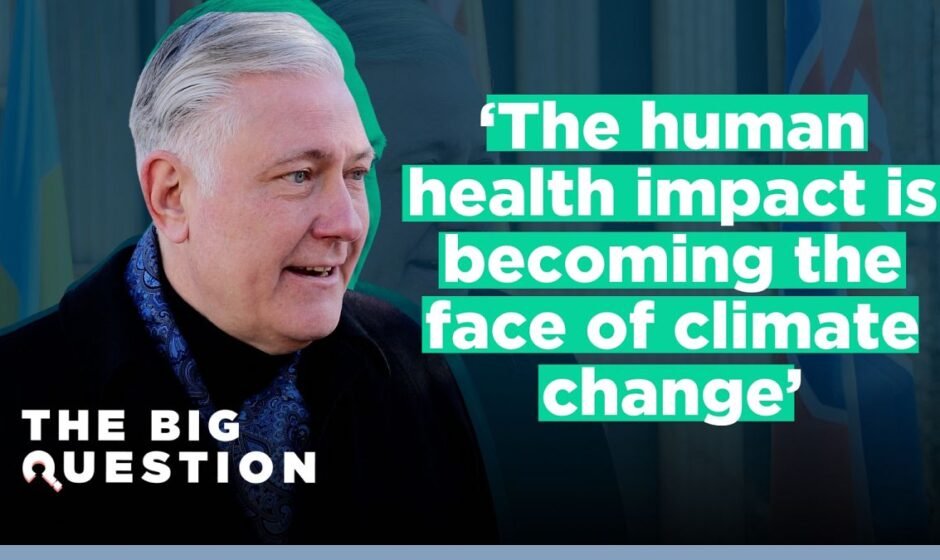The healthcare industry is one of the largest contributors to pollution globally, ranking as the fifth largest polluter if it were a country. This revelation comes despite the benefits that the industry provides when it comes to treating illnesses and improving public health.
According to the President of Novartis, hospitals play a significant role in pollution generation. As the world’s population continues to urbanize, with an estimated 70% living in cities by 2050, the global temperature is also expected to rise by at least 1.5 degrees Celsius. This increase in temperature poses additional risks to human health.
Climate change is expected to lead to the spread of vector-borne diseases, which will affect populations that have not historically experienced these diseases. Neglected Tropical Diseases (NTDs) are a group of diseases that pose a strain on global health systems but do not receive sufficient funding or research because they are no longer prevalent in developed countries. However, rising temperatures and extreme weather events create favorable conditions for disease-carrying vectors like mosquitoes.
The healthcare industry itself contributes approximately 5% of global greenhouse gas emissions. This includes hospitals, which, despite their importance, are significant polluters. In fact, the healthcare industry emits the same amount of greenhouse gases as 514 coal-fired power plants. If the healthcare industry were a country, it would be the fifth largest polluter on Earth.
Additionally, the pharmaceutical industry, which is a part of the healthcare sector, is responsible for a significant amount of pollution. A study conducted in 2019 found that for every $1 million generated, the pharmaceutical industry produced 48.55 tonnes of CO2 equivalent. This is 55% more than the automotive industry’s emissions in the same year.
Moreover, the pharmaceutical industry heavily relies on water for manufacturing high-quality medicines. However, there are concerns about pharmaceutical chemicals contaminating water sources due to improper disposal, poor sewage management, or manufacturing waste water.
While the pharmaceutical industry has made some progress in addressing global health challenges, there is still room for improvement in terms of business ethics. Some companies have faced fines or suspensions for violating rules or engaging in unethical practices.
To cope with future challenges, healthcare systems need to focus on building resilience and investing in primary healthcare. This includes bringing healthcare services closer to patients and improving access to diagnoses. Public-private partnerships are crucial in improving global health, and efforts should be made to prevent diseases rather than solely focusing on treating them.
In conclusion, the healthcare industry’s contribution to pollution is significant and needs to be addressed. While progress has been made, there is still work to be done in reducing emissions and improving business ethics. Building resilient health systems and shifting towards preventive measures are key to tackling future challenges in healthcare.



